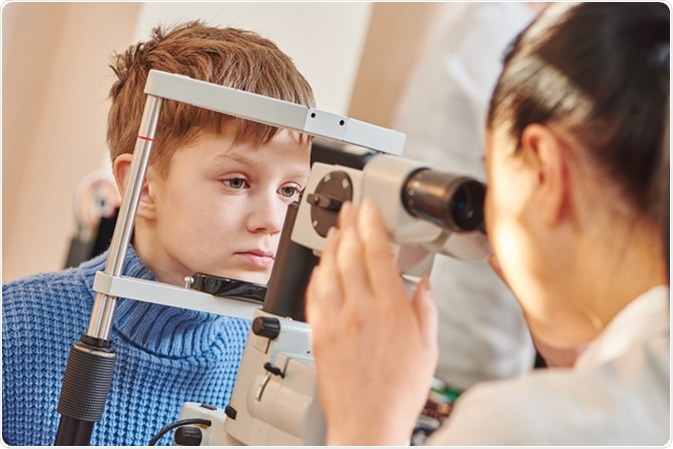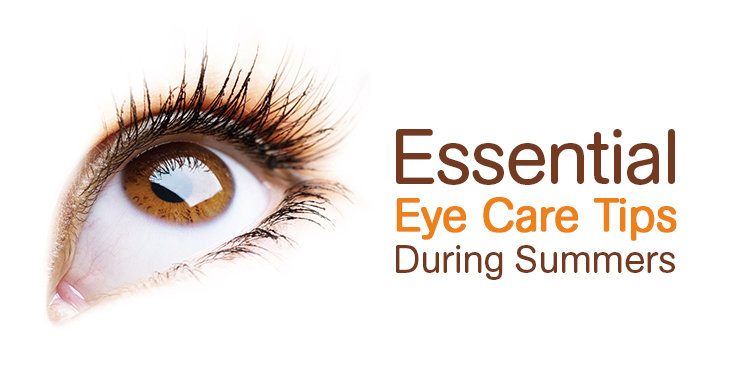Expert Neurologist Andalusia: Comprehensive Brain Health Solutions
Expert Neurologist Andalusia: Comprehensive Brain Health Solutions
Blog Article
Is Refractive Surgical Treatment Right for You? Elements to Consider for Better Eyecare
In the realm of eye care, the decision to undertake refractive surgical procedure is a substantial one that requires thoughtful consideration. From the ins and outs of one's ocular wellness to the details of personal assumptions and everyday routines, each facet holds importance in the wider landscape of refractive surgery candidateship.
Eye Health Examination
When taking into consideration refractive surgery, a detailed eye wellness evaluation is important to examine the suitability of the treatment for each person. neurologist andalusia. This assessment entails a collection of evaluations and examinations conducted by an eye treatment expert to figure out the general health of the eyes, the presence of any type of hidden conditions, and the stability of the refractive error
During the evaluation, numerous elements are thought about, such as the person's clinical history, present eye prescription, corneal density, pupil dimension, and tear movie top quality. These assessments aid to determine any kind of contraindications to refractive surgery, such as corneal irregularities, cataracts, or without treatment eye infections. In addition, the analysis aids to manage individual expectations pertaining to the possible results of the surgical treatment based upon their one-of-a-kind eye attributes.
Inevitably, the eye health evaluation is essential in ensuring the security and effectiveness of refractive surgery, as it provides beneficial insights into the individual's eye health condition and aids determine the most suitable therapy choices for attaining optimal aesthetic outcomes. (andalusia pediatrics)
Lifestyle Analysis
A thorough way of life assessment is important in determining the viability of refractive surgery for an individual's aesthetic improvement needs. Way of life variables such as line of work, pastimes, and daily tasks play a vital duty in the decision-making procedure concerning refractive surgery. As an example, individuals with professions that entail a high degree of exercise or exposure to environmental elements may have different aesthetic needs compared to those with less active workdesk work. Recognizing how an individual's lifestyle may influence their vision post-surgery is crucial for taking care of assumptions and guaranteeing optimal results.
Additionally, way of living behaviors such as sports engagement, outside activities, and even skin care regimens can affect the recovery process and overall success of refractive surgical treatment. As an example, individuals who engage in get in touch with sports might need to take extra safety measures to safeguard their eyes throughout the recuperation duration. Furthermore, people with considerable sun exposure may call for extra post-operative like prevent difficulties. By conducting a thorough way of life evaluation, eye care professionals can tailor their recommendations and therapy strategies to fulfill the distinct demands of each individual, inevitably causing boosted aesthetic outcomes and complete satisfaction.
Expectation Placement

Individuals need to comprehend that while several individuals attain 20/20 vision or much better adhering to refractive surgical procedure, some may still require glasses for specific tasks like reading or driving at evening. Managing these expectations helps protect against disappointment and frustration post-surgery, leading to a more positive total experience for the person.
Risk Analysis

Variables that may increase the risk of problems consist of age, particular medical problems like autoimmune diseases, unsteady vision prescription, thin corneas, and impractical individual expectations. In addition, choosing a competent and experienced Related Site doctor, following pre and post-operative care guidelines vigilantly, and disclosing any appropriate case history can help mitigate threats.
To lessen the probability of issues, eye doctors perform comprehensive pre-operative assessments to recognize any contraindications to surgery. They likewise discuss the prospective risks and advantages with individuals throughout the assessment process. By taking part in open interaction and shared decision-making, both the eye doctor and the individual can interact to figure out if refractive surgical procedure is the ideal selection based upon private risk profiles and preferred results.
Assessment Significance
Taking into consideration the crucial role of educated decision-making in evaluating threats and prospective issues in refractive surgical procedure, the appointment procedure holds considerable importance in guiding patients towards ideal outcomes. Throughout the consultation, the ophthalmologist reviews the individual's eye wellness, refractive mistakes, and overall viability for surgical procedure. This first assessment is vital in identifying the most ideal procedure for every person, thinking about factors such as corneal thickness, pupil dimension, and existing eye problems.
In addition, the assessment acts as a chance for individuals to review their assumptions, worries, and any kind of questions they may have regarding the surgery. Clear interaction in between the cosmetic surgeon and the person is important to make sure practical expectations and a detailed understanding of the possible risks and advantages involved.
In addition, the assessment allows the specialist to describe the different medical choices readily available, their particular end results, and the post-operative care called for. This thorough conversation empowers clients to make knowledgeable choices about their eye treatment, causing far better contentment and end results post-surgery.
Conclusion
To conclude, people taking into consideration refractive surgery needs to undergo a detailed eye health and wellness evaluation, analyze their way of living behaviors, straighten their expectations with potential results, analyze the associated threats, and focus on examinations with eye this hyperlink treatment professionals. These factors play an essential role in establishing the viability of refractive surgery for every individual, making sure optimum results and fulfillment with the procedure.
Individuals taking into consideration refractive surgical treatment commonly have high assumptions regarding the outcomes, expecting best vision without the demand for glasses or contact lenses. While refractive surgery can substantially improve vision and minimize dependence on visual help, it is crucial for patients to comprehend that outcomes may vary based on private elements such as the degree of refractive mistake, corneal thickness, and overall eye health and wellness.
By engaging in open communication and shared decision-making, both the person and the eye doctor can function together to determine if refractive surgical treatment is the appropriate selection based on individual risk accounts and wanted outcomes.
Considering the essential function of educated decision-making in assessing threats and potential problems in refractive surgery, the appointment procedure holds significant relevance in guiding patients in the direction of optimal outcomes. During the assessment, the eye doctor examines the client's eye health and wellness, refractive errors, and general suitability for surgical treatment.
Report this page